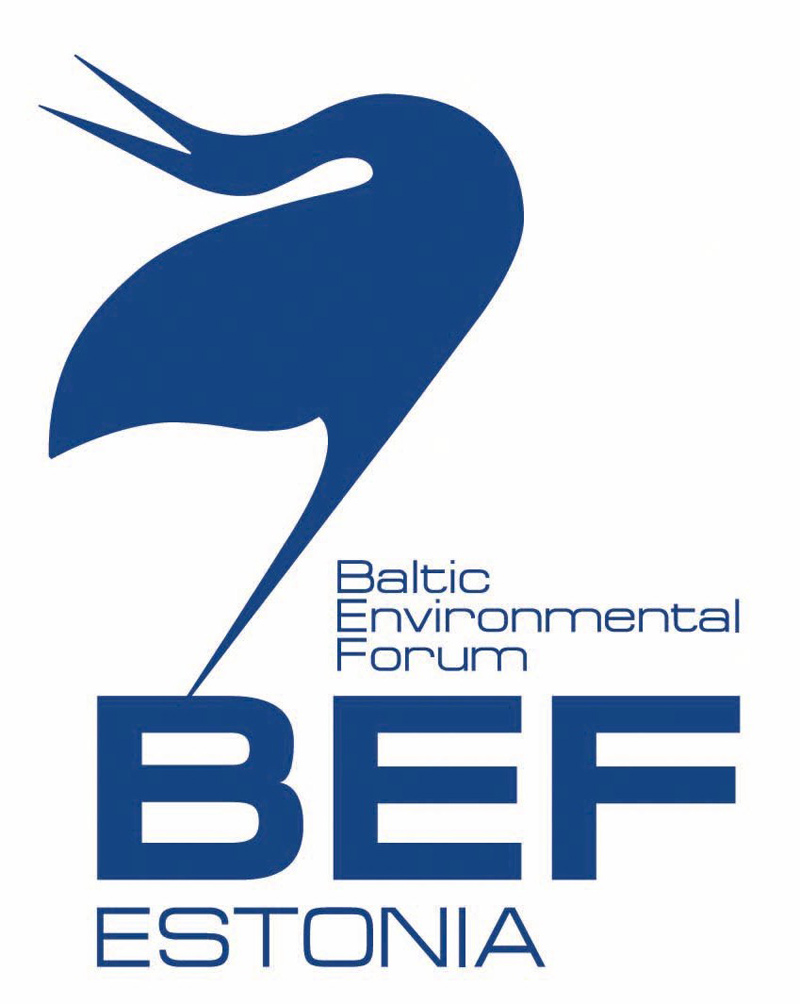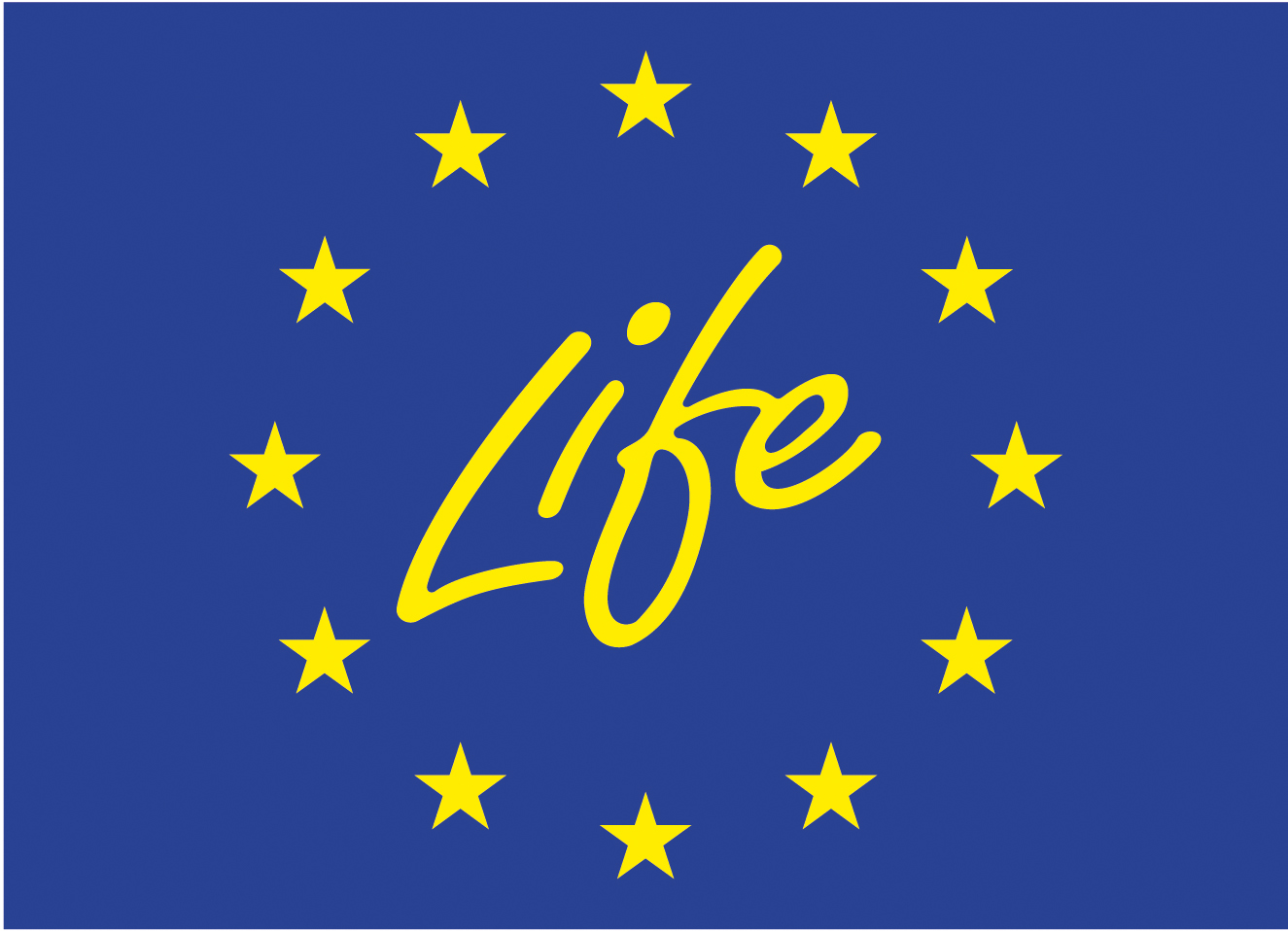Development of sustainable and climate resilient urban storm water management systems for Nordic municipalities (UrbanStorm)
Background
Estonia will be affected by climate change as any other country in the world. By 2100 Estonia will face significant changes in terms of temperature, wind and rainfall. Annual precipitation will grow by 19% in Estonia, the highest growth is expected in spring (24%) and winter (22%) in the future. The frequency of occurrence of precipitation exceeding 30 mm per day is projected - in the period from 2021-2030, the increase of the occurrence by 99%, in 2031-2050 by 231%, and during the period from 2051 to 2100 by 435%. Summer rainstorms will increase and intensify. As a result, the load on storm water collection systems and wastewater treatment will increase, and due to inadequate drainage, there will be streams in the city streets. Already today, existing rainwater systems are not able to cope with torrential rain and there are drawbacks in storm water drainage.
An important part of the responsibility lies on local governments who are in charge of establishing and maintaining storm water collection systems in their territories. Thus, it is essential to increase the capacity of local governments to adapt to climate change, especially their capacity to mitigate flash flooding caused by cloudbursts. This would include developing sustainable urban drainage systems (SUDS).
Objective
The main objective is to increase climate resilience in Estonian municipalities, especially their resilience to flash flooding caused by heavy rainfall.
Expected results – by the end of the project
- 36 000 m3 of stormwater will be drained in 4 pilot areas in Viimsi
- 5 ha in Viimsi will be transformed into climate-resilient areas
- Number of emergencies caused by stormwater and flooding will decrease in catchment areas connected to pilot areas
- Storm water experts and specialists of municipal infrastructure development have acquired new knowledge and skills for use of sustainable urban drainage systems (SUDS)
- Inhabitants of Tallinn and Viimsi will be more aware of SUDS and adapting to climate change
- Real estate developers are more prepared to use SUDS
Activities
Activity
|
Deadline |
|
1. Analysis of existing national and local level legislation and standards related to climate resilient urban flood management:
|
December 2019 |
|
2. Assessment of existing experience and best practices in implementing integrated and climate resilient urban drainage systems:
|
March 2020 March 2020 |
|
3. Developing strategy and action plan for climate change adaptation for Viimsi and for Tallinn:
|
December 2021 |
|
4. Capacity building of Estonian municipal water management specialists and engineers:
|
December 2022 December 2021 |
|
5. Designing and setting up a comprehensive digitalised storm water management system for Viimsi:
|
February 2023 December 2019 |
|
6. Use of nature-based measures to mitigate floods caused by heavy rain:
|
February 2023 December 2018 |
|
7. Transfer and replication of project’s results:
|
January 2023 December 2021 |
|
8. Assessment of the socio-economic impact of the project actions and their impact on urban ecosystems:
|
February 2023 January 2019 |
|
9. Experience exchange and stakeholder involvement
|
February 2023 Continuous |
|
10. Overall project visibility and dissemination of results
|
February 2023 November 2019 |
|
11. Project management and monitoring |
Continuous |
|
12. Development of After LIFE Plan |
February 2023 |
Partners
- Viimsi Municipality (lead partner)
- Department of Municipal Engineering Services of Tallinn City Government
- Estonian University of Life Sciences
- NGO Baltic Environmental Forum Estonia
Budget
- Total budget: 1 957 843 €, including eligible 1 686 093 € and 581 203 € co-funding by Viimsi Municipality
- LIFE co-financing (60% of total budget): 1 011 654 €
Accomplishments




